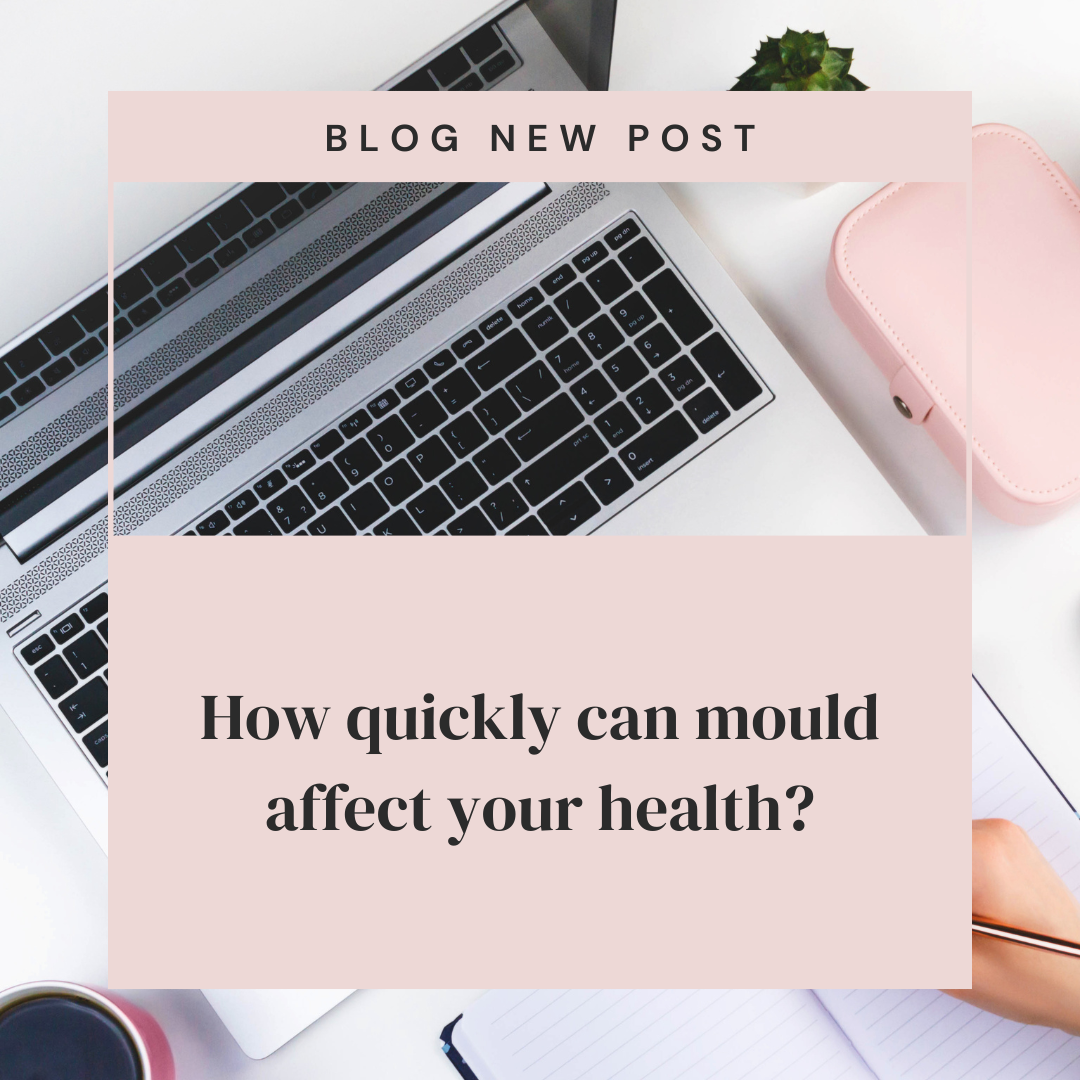How quickly can mould affect your health?
How Quickly Can Mold Affect Your Health?
How quickly can mould affect your health? Mould is a type of fungus that can grow in damp, moist environments. It is found both indoors and outdoors, but it can be especially problematic in homes and buildings with water damage or poor ventilation.
Mould exposure can cause a variety of health problems, including:
- Allergic reactions, such as sneezing, runny nose, itchy eyes, and skin rash
- Respiratory problems, such as asthma attacks, bronchitis, and pneumonia
- Other health problems, such as headaches, fatigue, and difficulty concentrating
The severity of mould-related health problems depends on a number of factors, including the type of mould, the amount of mould exposure, and the person’s overall health. Some people are more sensitive to mould than others, and people with chronic health conditions, such as asthma, are at increased risk for mould-related complications.
How Quickly Can Mould Affect Your Health?
The speed at which mould affects your health depends on a number of factors, including:
- Your level of sensitivity to mould
- The type of mould
- The amount of mould exposure
- The duration of mould exposure
If you are allergic to mould, you may experience symptoms immediately after exposure. However, it can take several hours or even days for symptoms to develop in people who are not allergic to mold.
The severity of mould-related symptoms can also vary from person to person. Some people may experience mild symptoms, such as a runny nose or itchy eyes. Others may experience more severe symptoms, such as asthma attacks or respiratory infections.
Children and the Elderly Are More Vulnerable to Mould Exposure
Children and the elderly are more vulnerable to mold exposure because their immune systems are not as fully developed as those of healthy adults. Children are also more likely to breathe in mold spores because they spend more time playing on the floor, where mold is more likely to be found.
What Can You Do to Protect Yourself from Mould Exposure?
The best way to protect yourself from mould exposure is to control moisture in your home. This includes fixing any leaks, repairing damaged roofs and gutters, and improving ventilation. You should also clean up any water damage immediately to prevent mould growth.
If you have mould in your home, it is important to have it removed by a professional. mould removal can be dangerous, and it is important to take precautions to avoid exposure to mould spores.
Here are some tips for preventing mould growth in your home:
- Keep your home clean and dry.
- Fix any leaks promptly.
- Repair damaged roofs and gutters.
- Improve ventilation in your home.
- Use a dehumidifier in humid areas.
- Clean up any water damage immediately.
If you think you may be exposed to mould, or if you are experiencing any of the symptoms of mould exposure, it is important to see a doctor.
Important links
Housing Disrepair Advice: https://housingdisrepairadvice.org/contact
Housing Ombudsman: https://www.housing-ombudsman.org.uk/
